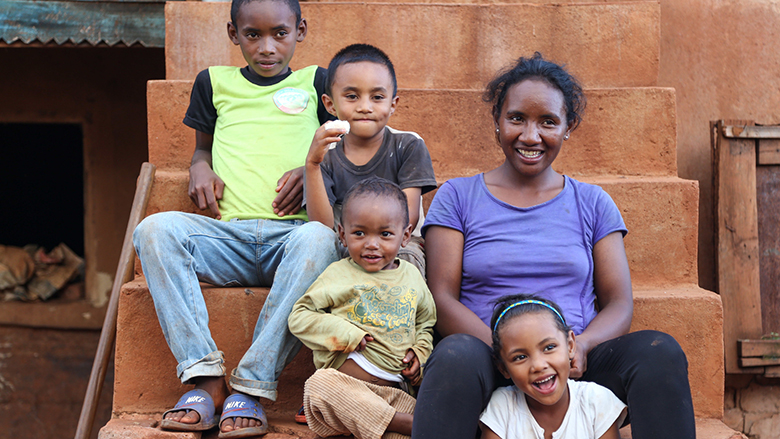Underprivileged communities praise World Bank’s efforts
Residents of Essa Nagri and Soba Nagar, two informal settlements in Karachi, took a significant step toward community empowerment as members of newly formed Community-Based Organizations (CBOs) pledged their commitment to improving their neighborhoods. During a formal oath-taking ceremony held at the Town Hall within the premises of the Deputy Commissioner East office, CBO members vowed to work for the welfare of their respective areas, marking an important milestone in grassroots mobilization.
The Karachi Water and Sewerage Services Improvement Project (KWSSIP), which focuses on upgrading water and sewerage infrastructure in Karachi’s slums, spearheaded this initiative. A vital component of the project is sustainable community mobilization, implemented in partnership with the National Rural Support Programme (NRSP), a leading NGO with extensive experience in social development.
Underprivileged Communities Praise World Banks Efforts For Their Wellbeing
Key local leaders participated in the ceremony. Gulshan Town Chairman, Dr. Fauad Ahmed, administered the oath to CBO members in Essa Nagri, while Gulberg Town Chairman, Nusratullah, did the same for Soba Nagar.
Union Council 1 Chairperson, Ms. Sanam Gabol Baloch, also attended, demonstrating strong local government support.
The event drew a diverse crowd, including women, children, civil society representatives, journalists, and local dignitaries. Members of the Karnal Welfare Society were also present to witness the momentous occasion.
KWSSIP’s Gender Specialist and focal person for the Katchi Abadis program, Hameeda Kaleem, congratulated the CBO members, saying, “Expectations are high. We trust that CBO members will design actionable plans to uplift their communities.” She further highlighted the project’s broader impact, adding, “The WASH initiative is fostering interfaith harmony, gender inclusion, and women’s empowerment.”
Echoing these sentiments, members of the CBOs from Essa Nagri and Soba Nagar collectively expressed their gratitude, saying, ‘The support from the World Bank has been life-changing for our communities. For years, we struggled with poor infrastructure and a lack of basic facilities. This initiative has given us hope and the tools to improve our living conditions.’”
Town chairpersons echoed these sentiments, commending the efforts to improve the lives of marginalized communities in informal settlements. This collaborative endeavor is set to transform the urban landscape while empowering residents to take charge of their future.

